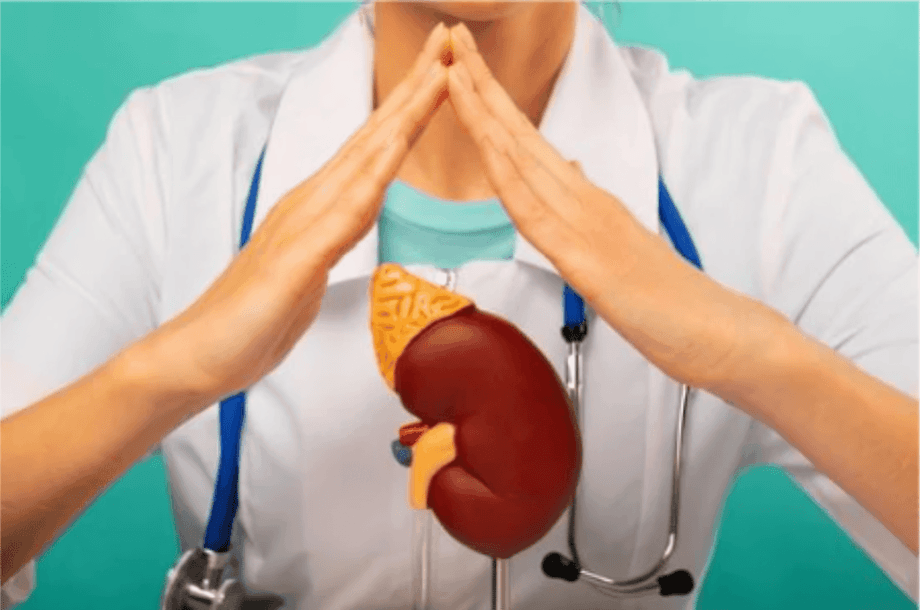Renal Transplant: What to Expect Before, During, and After the Procedure
Discover the complete guide to renal transplantation, including preparation, surgical process, and essential post-operative care tips for a successful recovery.

Renal transplantation is a critical procedure for patients suffering from end-stage renal disease (ESRD). This comprehensive guide will walk you through what to expect before, during, and after a kidney transplant. Understanding each phase of the process can help alleviate anxiety and prepare you for a successful transplant journey.
Before Transplant
Preparing for a Renal Transplant
Evaluation and Eligibility
- Medical History Review: Understanding past and current health issues.
- Physical Examination: Assessing the patient’s overall health status.
- Diagnostic Tests: Including blood tests, imaging studies, and kidney function tests.
- Psychological Assessment: Ensuring the patient is mentally prepared for the procedure and post-operative care.
Finding a Donor
Pre-Transplant Preparation

- Medications: Patients may need to adjust their medications.
- Diet and Lifestyle: Adopting a healthy diet and lifestyle to improve transplant outcomes.
- Pre-Transplant Education: Learning about the transplant process, post-operative care, and potential complications.
- Managing underlying conditions: Controlling diabetes, high blood pressure, and other medical issues.
- Emotional well-being: Seeking support from family, friends, or support groups.
During Renal Transplant
The Renal Transplant Procedure

Day of Surgery
- Anesthesia: General anesthesia is administered to ensure the patient is unconscious and pain-free.
- Surgical Preparation: The surgical area is sterilized to prevent infections.
The Surgical Process

- Incision: A surgical incision is made in the lower abdomen.
- Removing the Kidney: In cases where the kidney is being removed, the surgeon carefully excises it.
- Implanting the New Kidney: The donor kidney is placed into the patient’s lower abdomen, and blood vessels and the ureter are connected to the recipient’s body.
- Closing the Incision: The incision is closed with sutures or staples.
After the Transplant
Post-Surgery Recovery
- Immediate Post-Op Care: Patients are monitored in the recovery room for a few hours before being moved to a regular hospital room.
- Hospital Stay: The average hospital stay post-transplant is about 5-10 days.
- Initial Recovery: Focus on wound care, pain management, and gradually increasing physical activity.
Post-Operative Care
Medications
- Immunosuppressants: Essential to prevent the body from rejecting the new kidney.
- Antibiotics: To prevent infections.
- Regular Monitoring: Frequent blood tests to monitor kidney function and medication levels.
Lifestyle Adjustments
- Diet: Following a kidney-friendly diet low in salt, potassium, and phosphorus.
- Hydration: Staying well-hydrated to support kidney function.
- Exercise: Regular, moderate exercise to maintain overall health.
Potential Complications
While kidney transplantation offers a significantly improved quality of life, it’s essential to be aware of potential complications, such as:- Rejection: Your immune system may attack the new kidney.Despite immunosuppressants, there is still a risk of rejection. Symptoms include fever, pain, and changes in urine output.
- Infection: Increased risk of infections due to immunosuppression. Prompt treatment is crucial.
- Kidney failure: The transplanted kidney may not function optimally.
- Long-term side effects: Immunosuppressant medications can have long-term potential complications including blood clots, hernia, and issues with the ureter.
FAQs
A renal transplant surgery typically takes about 3-4 hours.
Yes, many patients live a normal, active life after recovering from a renal transplant.
Signs of rejection include fever, pain at the transplant site, decreased urine output, and flu-like symptoms.
A transplanted kidney can last many years, with some lasting over 20 years.
Avoiding infections is crucial, so avoid crowded places and people who are sick, and follow dietary restrictions as advised.
